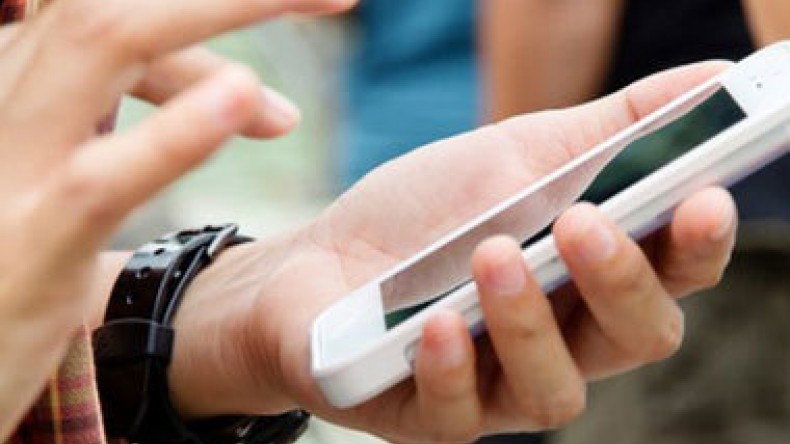
Mobile phones carry owners' bacterial 'fingerprint'
Smartphones reflect the personal microbial world of their owners, say US scientists, the BBC reports.
More than 80% of the common bacteria that make up our personal bacterial "fingerprints" end up on their screens, a study suggests.
Personal possessions, such as phones, might be useful for tracking the spread of bacteria, they report in PeerJ.
They reflect our microbiome - the trillions of different micro-organisms that live in and on our bodies.
Mobile phone users have been found to touch their devices on average 150 times a day.
Scientists have found an overlap between the collection of micro-organisms naturally present on our bodies and those on the screens of smartphones.
They say this could one day be used to track people's exposure to bacteria.
In the study, biologists from the University of Oregon sequenced the DNA of microbes found on the index fingers and thumbs of 17 people.
They also took swabs of the subjects' smartphones.
A total of 7,000 different types of bacteria were found in 51 samples.
On average, 22% of bacterial families overlapped on fingers and phones.
Some 82% of the most common bacteria present on participants' fingers were also found on their phones.
They included three families that are commonly found on the skin or in the mouth - Streptococcus, Staphylococcus and Corynebacterium.
Men and women both shared bacteria with their phones, but the connection was stronger in women.
Newsfeed
Videos






























